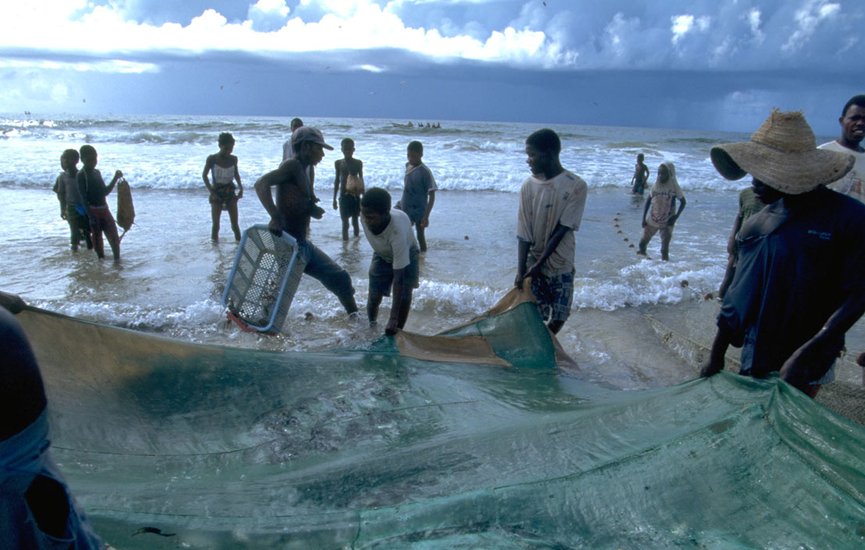Kampala, Uganda | Experts from across Africa are sounding a serious warning over the declining state of the continent’s fish resources, urging governments and regional bodies to take immediate and coordinated action to protect one of Africa’s most vital food and economic sectors.
The alarm was raised during the 8th General Assembly of the African Platform for Regional Institutions in Fisheries, Aquaculture, and Aquatic Systems (APRIFAAS), held recently in Entebbe, Uganda. The meeting brought together policymakers, scientists, and industry representatives from across the continent to discuss the growing threat posed by overfishing, illegal trade, pollution, and weak enforcement of fisheries regulations.
Fish remains one of Africa’s most important sources of protein, providing livelihoods for more than 12 million people and contributing billions of dollars to national economies. However, experts warn that unless bold measures are taken to manage fish stocks sustainably, the sector faces an uncertain future.
A report by the World Wide Fund for Nature (WWF) indicates that up to 26 percent of Africa’s freshwater fish species are now threatened with extinction, largely due to human pressure on aquatic ecosystems. The situation is worsened by unregulated fishing practices, where immature fish are harvested before they reproduce, threatening the next generation of stock.
“Because we are not controlling fishing activities, the resource is going down,” said Mr. Yoseph Shiferaw Mamo, Senior Fisheries and Livestock Officer at COMESA. “Fish breed seasonally, but our fishers continue to harvest even during the breeding season. That means we are catching fish before they mature, and this affects the future of the species.”
Uganda, which depends heavily on fisheries for food security and export earnings, is already feeling the impact. Commissioner Joseph Bwanika of the Aquaculture and Fisheries Division noted that the country loses about 40 percent of its fish through illegal, unreported, and unregulated (IUU) trade each year. “Without addressing unregulated fishing, Africa’s fisheries-based economies could collapse,” he warned.
Beyond overfishing, experts also highlighted pollution from industries, agricultural runoff, and plastic waste as additional threats to Africa’s aquatic ecosystems. Many inland water bodies, including Lake Victoria and Lake Tanganyika, are showing signs of ecological stress due to human activity, leading to a reduction in both fish size and numbers.
Participants at the forum emphasized that the solution lies in stronger regional cooperation. Since many major fish species migrate across borders, isolated national policies are ineffective. “Fish know no borders,” Mr. Mamo observed, stressing the importance of harmonizing fisheries management rules across countries and regions.
The meeting also called for the adoption of modern aquaculture practices to reduce pressure on natural water bodies. Expanding fish farming, they said, could create sustainable livelihoods, improve food supply, and help replenish natural stocks. However, this must go hand in hand with investment in research, better data systems, and the rehabilitation of degraded aquatic habitats.
Experts urged African governments to strengthen enforcement mechanisms, empower local fishing communities through co-management models, and invest in technologies that enhance monitoring of illegal fishing activities. Development partners were also encouraged to support training and capacity-building programs for fisheries departments and local cooperatives.
If well implemented, these interventions could help Africa harness its rich aquatic resources sustainably, ensuring that future generations continue to benefit from fisheries. However, without urgent action, the continent risks losing one of its most valuable natural assets jeopardizing food security, employment, and economic stability for millions.
